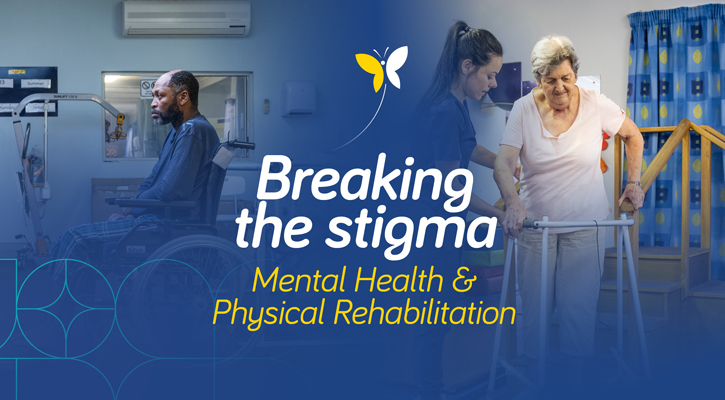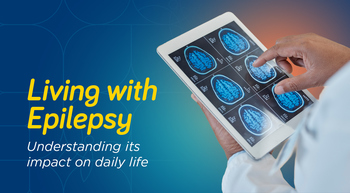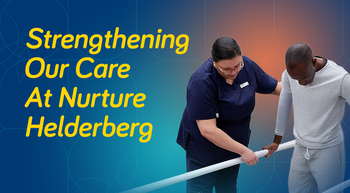
Breaking the stigma: mental health and physical rehabilitation
As South Africa starts to shake off winter and look forward to spring, Nurture Health reminds us that physical rehabilitation is not just about bones, joints and muscles.
Your emotional well-being can speed up – or stall – recovery.
At our physical rehabilitation hospitals, our interdisciplinary team of caring staff see it every day: mental health shapes physical healing at every step. It is not a side issue. It is central to recovery.
Mind and body work together
It is more than “staying positive”, as your mental health can directly affect physical recovery. Patients dealing with depression, anxiety, trauma or chronic stress heal more slowly, face more complications and are less likely to complete their medical treatment.
By contrast, those who feel emotionally supported tend to engage more fully in therapy, bounce back from setbacks and often achieve better outcomes.
Yet stigma still silences conversations about mental health. People expect to discuss medication, pain and mobility – but not fear, anger, shame or grief.
Physical rehabilitation is demanding. It follows injury, illness or surgery, and patients arrive with more than just broken bones or weakened muscles.
They may have lost their independence, work or a role in the family. They may be facing trauma, pain or a changed future – and ignoring these realities can halt recovery in its tracks.
What we see at Nurture Health
At the national network of Nurture Health hospitals across South Africa, dedicated professionals help patients who are facing stroke recovery, spinal cord injuries, amputations, orthopaedic and neurological conditions, and more.
Because we know recovery is never purely physical, healthcare teams include psychologists, counsellors, social workers and nurses trained in mental health care.
Read more: How to manage your emotional wellness
We see how anxiety about walking again, returning home or going back to work can hold people back, even when their bodies are ready. We also see how small wins – taking a first step unaided, completing a new task – can lift mood and restore hope.
When emotional and mental health are also addressed, people are more likely to re-engage with life.
Breaking the silence
Honesty breaks the stigma. Recovery can be lonely, exhausting and emotionally raw – and that’s normal. It is also normal to need help processing these emotions.
Talking to a therapist or counsellor is not weakness. Think of it as medical care for the mind: just as you would not skip physiotherapy for a broken leg, you should not ignore emotional injury either.
At Nurture Health, we encourage patients and families to ask for support, share their feelings and normalise these conversations. Our experienced and professional staff are trained to listen without judgement, and mental health is built into every healthcare plan as an equal partner in the physical rehabilitation journey.
Healing means treating the whole person
There is no lasting recovery without wholeness. Body, mind and spirit are deeply connected, and better outcomes depend on caring for all three.
Nurture Health treats them together, because this is how recovery lasts.
Read more: We take a holistic approach to health





